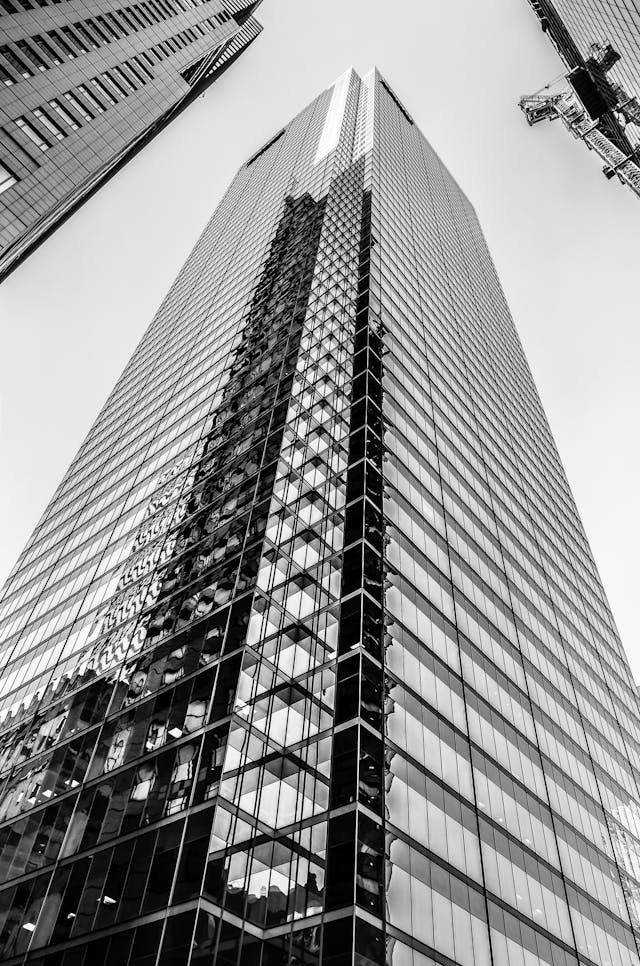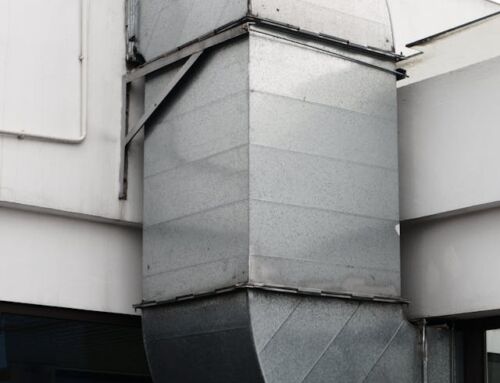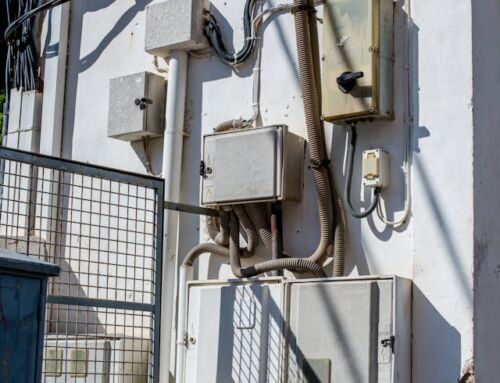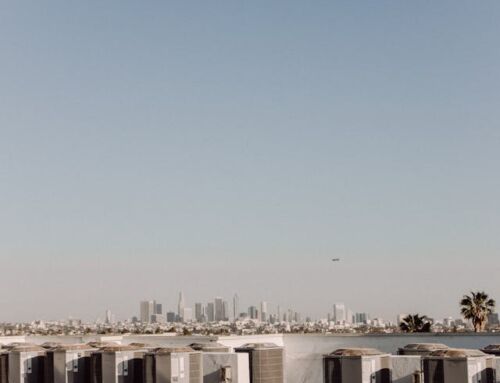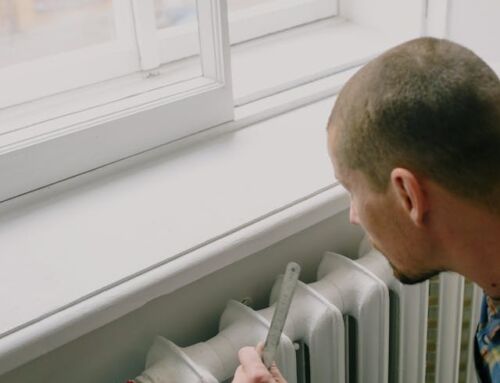Imagine this: you’re showing a potential client around your luxurious new Auckland office. You proudly point out the sleek design, the ergonomic furniture, the stunning views of the Waitemata Harbour… but then they frown. A shiver runs down their spine. “Is it just me, or is it a bit chilly in here?” they murmur.
HVAC nightmares! No business owner in Auckland wants to deal with an uncomfortable, inefficient heating, ventilation, and air conditioning (HVAC) system. It can impact employee productivity, customer comfort, and even your bottom line. But fear not, this guide will equip you with the knowledge to calculate HVAC for your commercial building, ensuring a comfortable and climate-controlled environment all year round.
Why Calculating HVAC Matters?
Think of HVAC calculation as the blueprint for your building’s climate control. It involves meticulously analyzing various factors to determine the precise size and capacity of the HVAC system you need. Here’s why getting it right is crucial:
1. Comfort is Key: A well-designed HVAC system keeps your employees and customers comfortable, leading to increased productivity and a positive first impression.
2. Efficiency Matters: The right-sized system operates at peak efficiency, saving you money on energy bills. An oversized system wastes energy, while an undersized one struggles to maintain comfortable temperatures.
3. Avoiding Headaches: Improperly sized HVAC systems can lead to a host of issues like uneven temperatures, excessive noise, and frequent breakdowns.
The Factors Affecting Your HVAC Calculation
Now, let’s delve into the nitty-gritty: the factors that influence your commercial building’s HVAC calculation.
Building Characteristics
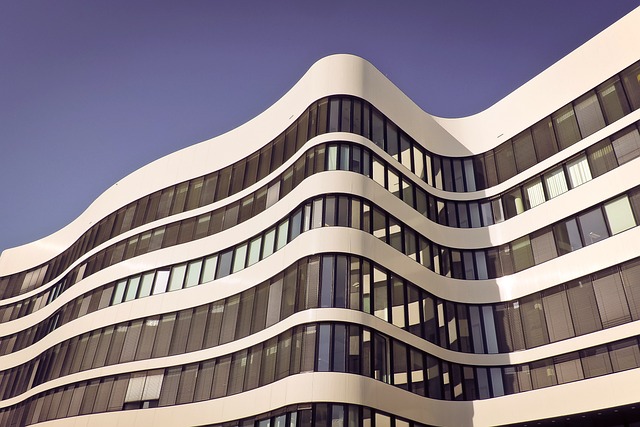
The size, layout, and insulation level of your building significantly impact its heating and cooling needs. A large, open-plan office space will require a more powerful HVAC system than a smaller, partitioned office. The building’s orientation and exposure to sunlight also play a role in determining its heating and cooling requirements.
Occupancy
The number of people occupying the building will directly affect the amount of heat generated and the cooling load. More people in the building will generate more heat, which means the HVAC system will need to work harder to maintain a comfortable temperature.
Equipment Load
The presence of heat-generating equipment, such as computers, servers, and kitchen appliances, can significantly impact the building’s thermal load. The more heat-generating equipment, the higher the cooling load will be.
Climate and Location
Auckland’s climate, with its mild winters and warm summers, influences the type and size of HVAC system you’ll need. The specific location of your building within Auckland can also affect its microclimate, such as exposure to wind and shade.
Desired Indoor Conditions
The desired temperature and humidity levels in your building will determine the capacity and efficiency of your HVAC system. Factors such as employee comfort, product storage requirements, and specific industry standards can influence these desired conditions.
Beyond the Basics: Additional Considerations
While the core factors mentioned above are crucial, there are several other considerations to ensure optimal HVAC performance in your commercial building:
Fresh Air Requirements
To maintain a healthy indoor environment, building codes mandate a minimum amount of fresh air circulation. Your HVAC system needs to be designed to supply the required amount of fresh air, which can be achieved through ventilation systems or by incorporating fresh air intake into the HVAC system itself.
Indoor Air Quality
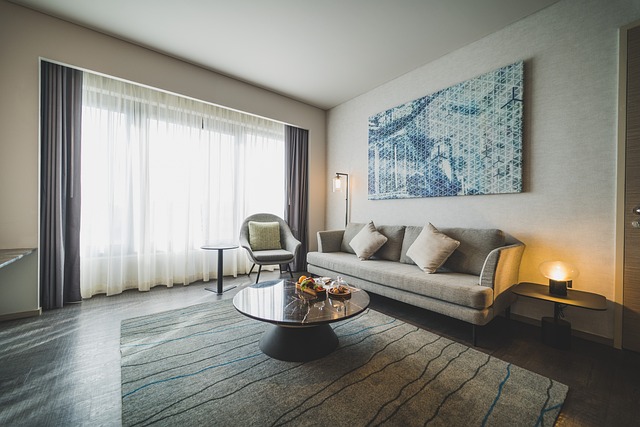
Indoor air quality is essential for the health and well-being of occupants. Modern HVAC systems often incorporate advanced air filtration and purification technologies to remove pollutants, allergens, and other contaminants from the air. These systems can help improve indoor air quality, reduce respiratory problems, and create a more comfortable and productive environment.
Energy Efficiency
Energy-efficient HVAC systems can significantly reduce operating costs and environmental impact. Consider investing in systems that utilize advanced technologies such as:
1. Variable-Speed Drives (VSDs): VSDs allow motors to adjust their speed based on demand, reducing energy consumption and improving efficiency.
2. Heat Recovery Ventilation (HRV): HRV systems recover heat from exhaust air to pre-heat incoming fresh air, reducing energy consumption for heating and cooling.
3. High-Efficiency HVAC Equipment: Look for equipment with high SEER (Seasonal Energy Efficiency Ratio) and HSPF (Heating Seasonal Performance Factor) ratings.
Seeking Professional Help: When to Call in the Experts
Calculating HVAC for a commercial building can be a complex process. While this guide provides a helpful overview, it’s always recommended to seek professional assistance. Here at Prolectrix, we have a team of experienced HVAC engineers in Auckland who can assess your specific needs and recommend the optimal system for your commercial space.
We understand the intricacies of Auckland’s climate and have a proven track record of designing and installing efficient, reliable HVAC systems.
Beyond Calculations: The Importance of Regular Maintenance
Remember, even the most meticulously calculated HVAC system needs regular maintenance to function optimally. Here are some maintenance tips to ensure your system runs smoothly:
- Schedule regular system inspections and cleanings.
- Replace air filters regularly.
- Perform preventative maintenance to avoid costly repairs down the line.
By implementing these practices, you can extend the lifespan of your HVAC system and ensure it continues to provide efficient and comfortable climate control for your Auckland commercial building.
Conclusion
Conquering your Auckland building’s climate starts with a well-calculated and well-maintained HVAC system. By understanding the factors involved in the calculation process and seeking professional guidance when needed, you can create a comfortable and productive environment for everyone who uses your space.
So, breathe easy, with the right approach, your HVAC system will become a silent hero, keeping your building at the perfect temperature all year round.

